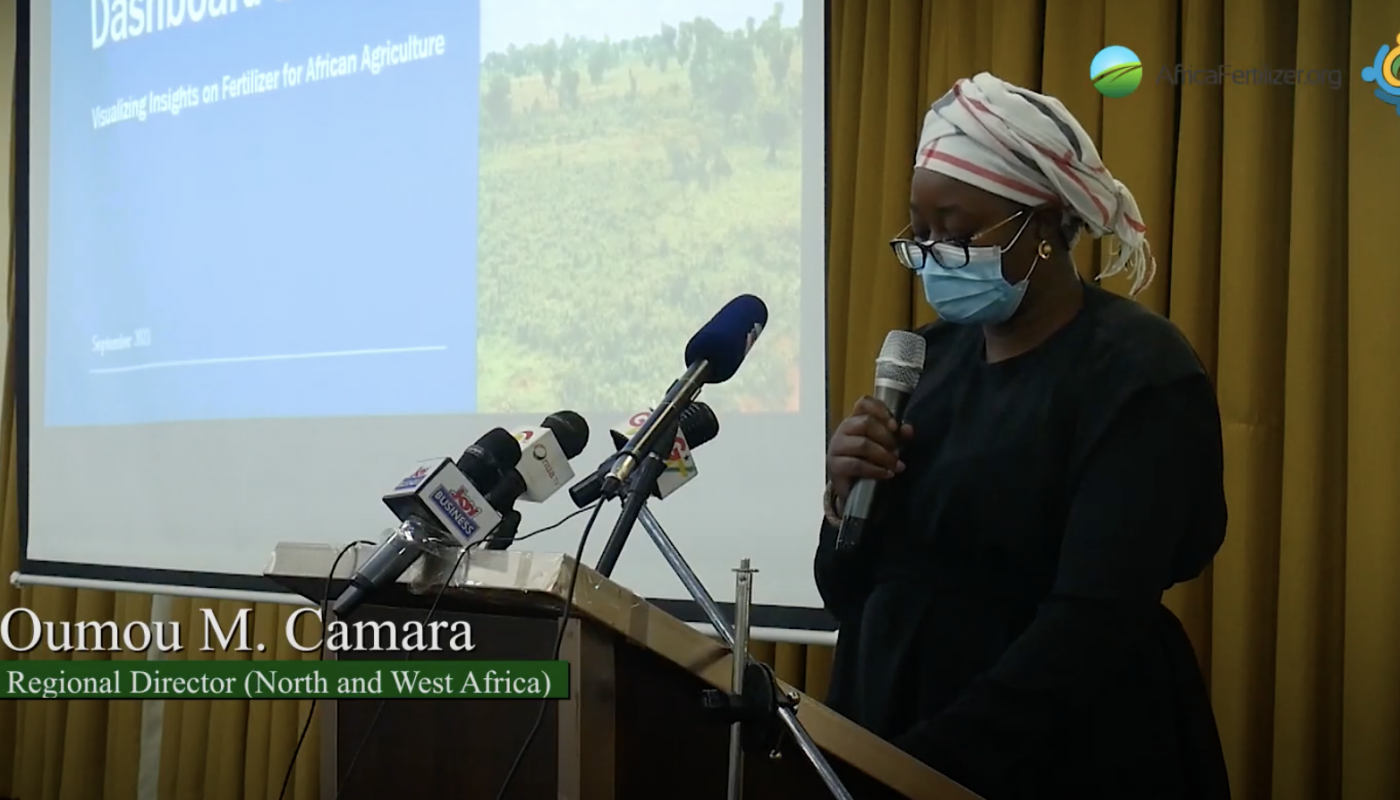Posts categorized Data Use
Page 3
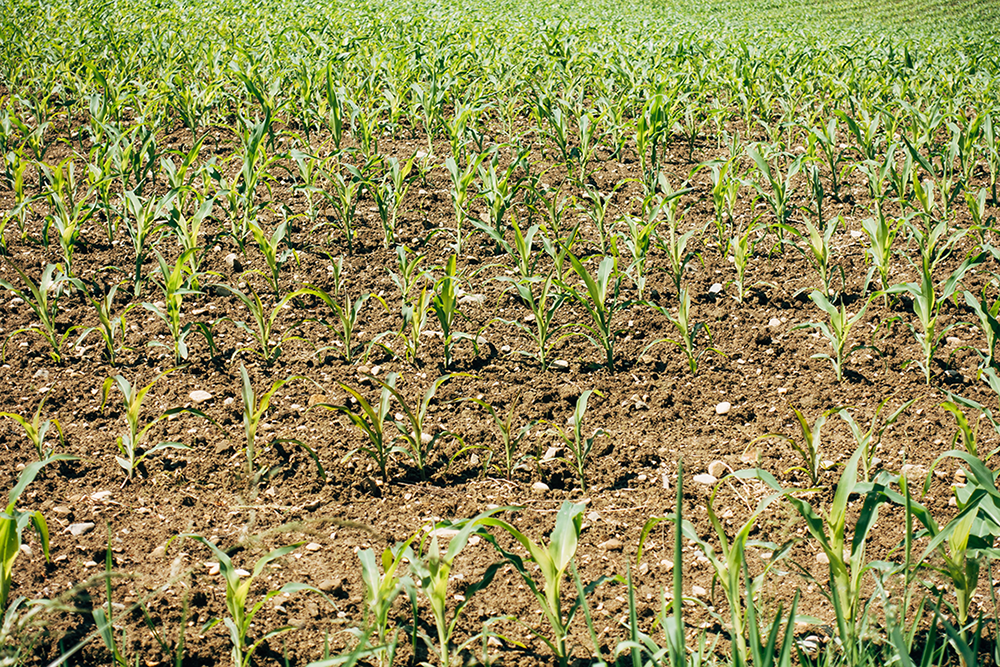
Nigeria’s Changing Fertilizer Sector (Part 1)
In the past decade, there has been over $7 billion worth of private-sector investments into Nigeria’s agriculture sector. Why, and what is the impact of these investments? What does it mean for Nigerian farmers? In this blog, we explore these and other changes happening in the Nigerian fertilizer market.

Farmer-Centric Data Governance Assessment: A New Paradigm For LMICs
Our objective in the DAI Farmer-Centric Data Governance Project is to demonstrate opportunities of emerging user-centric models and actions required to create an enabling environment of socio-technical factors needed for implementation.
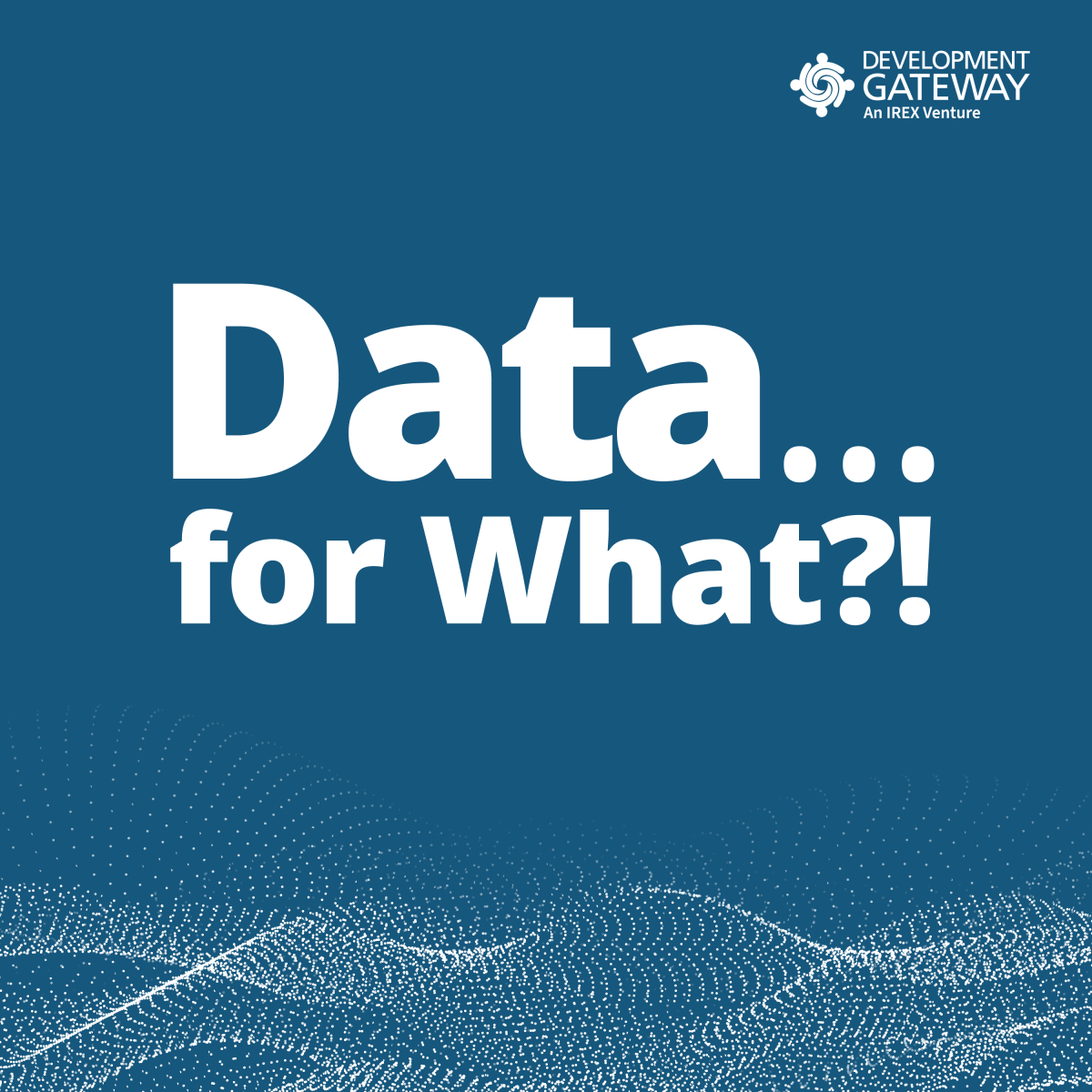
Episode 3, Season 1 | Geography: Expanding & Deepening DG’s Regional Footprint
In Episode 3 of "Data… for What?!", Development Gateway’s new podcast, we explore how we are prioritizing our geographical focus in the coming years. Conversations with Vanessa Baudin Sanchez, Carmen Cañas, and Charlene Migwe-Kagume highlighted the opportunities and challenges of expanding our portfolio in Central America and deepening our work and partnerships in West, East, and Southern Africa.

Measuring digital transformation? Get real.
Senior Associate Annie Kilroy explores the limitations in how digital transformation has been measured and outlines recommendations for how to better assess the value and impact of digital transformation.

Challenging Pessimists—and Optimists—to Reimagine Data and Power
Josh Powell and Jenna Slotin reflect on the Data Values Project and building a movement for change in data for development.
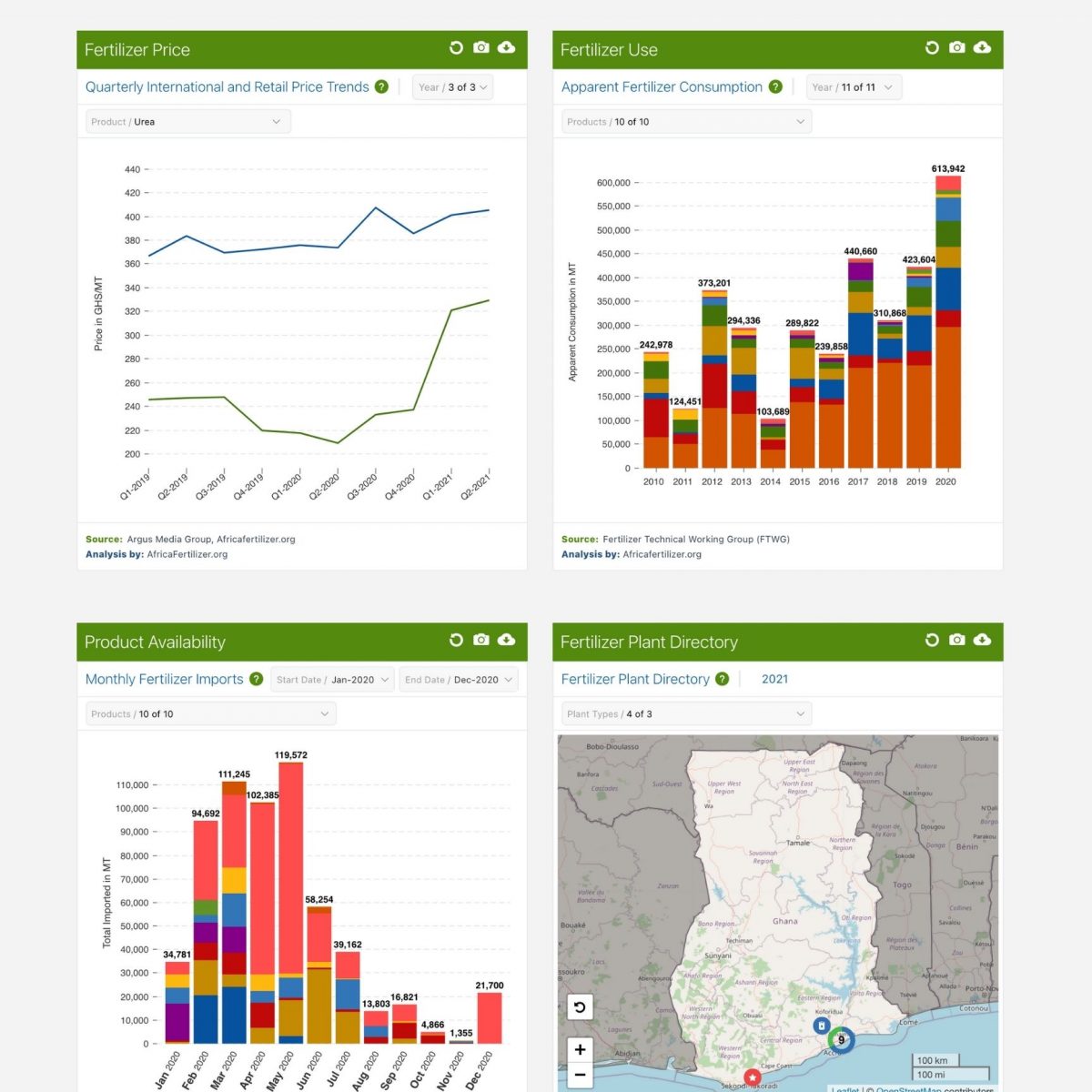
The Evolution of Ghana’s Fertilizer Sector – From Subsidies to Crop Specifics
In looking at the data and talking to stakeholders in Ghana, several key trends are starting to emerge in the country’s fertilizer market and in turn through the data captured in the VIFAA Ghana Dashboard. These trends are important for decision-makers planning for each season, and when thinking about the future of the market. In this blog we’ll dive into these features of the Ghana market, including where (and how) the data fits in.
User Stories: VIFAA Ghana Dashboard
On September 22nd, Development Gateway along with IFDC, AfricaFertilizer.org, and AFAP launched the VIFAA Ghana Fertilizer Dashboard. Visualizing Insights for African Agriculture (VIFAA) was designed to holistically address the supply, demand, and use of fertilizer data at both country and regional levels and to improve decision-making in the sector. Overall, the goal is to support stakeholders in getting the right quantity and type of fertilizer to Ghanaian farmers in time for planting. Learn more about how stakeholders plan to use the dashboard in their work.

From Rumors to Evidence-Based Advocacy
Mr. Gideon Negedu, the Executive Secretary of The Fertilizer Producers & Suppliers Association of Nigeria (FEPSAN,) describes using rumors for planning and the importance of the VIFAA Nigeria Dashboard in evidence-based advocacy.
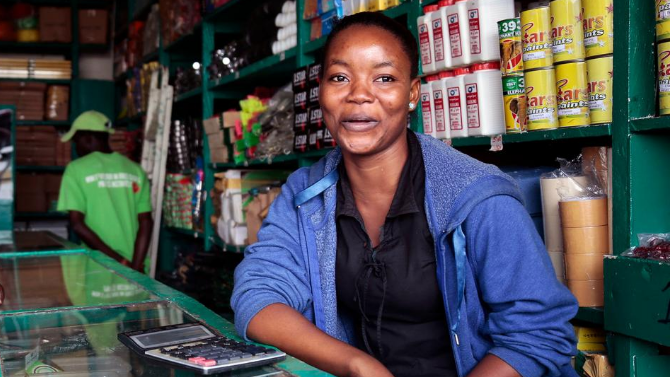
To Enable W-SMEs to Thrive in Côte d’Ivoire We Start by Listening to their Data and Digital Needs
This blog is co-written by Development Gateway’s Aminata Camara, Senior Consultant; Kathryn Alexander, Senior Program Advisor; and MCC‘s Agnieszka Rawa, Managing Director of Data Collaboratives for Local Impact (DCLI). On June 28th, 2021, MCC, USAID, Microsoft, Thinkroom, and Development Gateway will be co-hosting a workshop to share, validate, inform, and build on recent research on
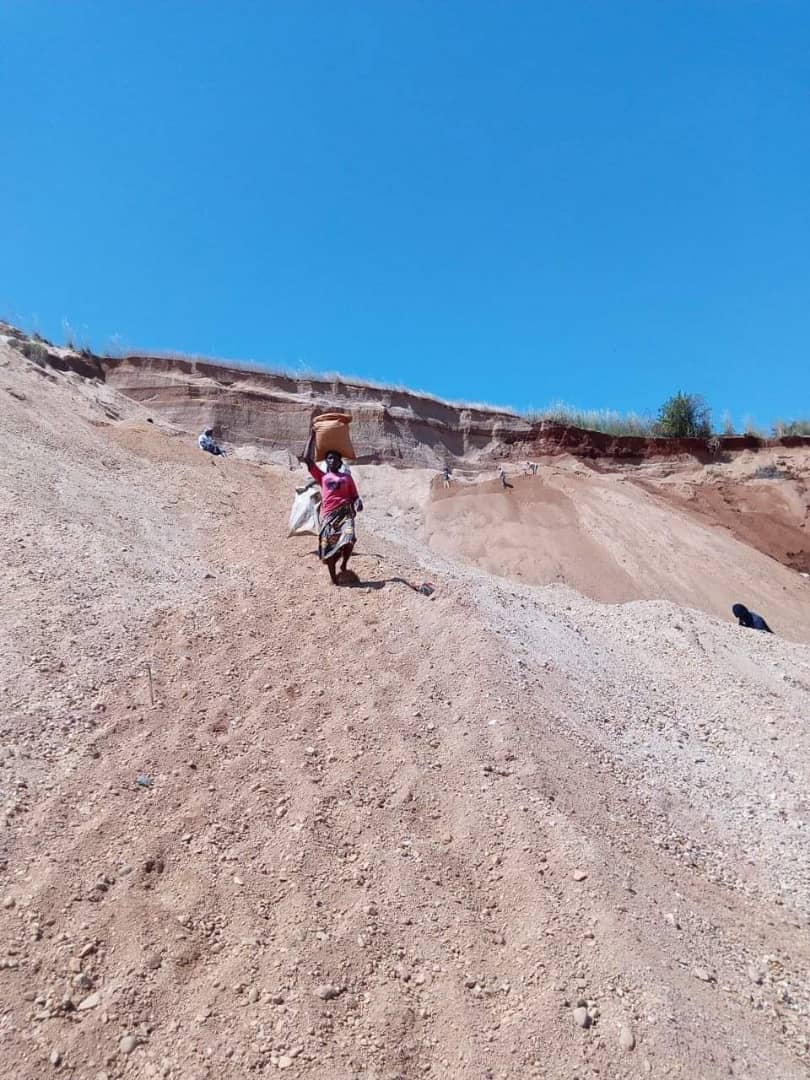
Une réflexion sur les données des IE
Au cours des dernières années, DG a intensifié sa recherche dans le domaine des industries extractives (IE) en Afrique de l'Ouest, ce qui a permis de mieux cerner les lacunes en termes de données et d'identifier les opportunités du secteur. Nous avons constaté que les informations disponibles au grand public sont principalement axées sur la transparence des flux financiers et ciblent la scène internationale, mais occultent les facteurs non-financiers et l'impact local réel de l'industrie. Une question reste en suspens : comment promouvoir la divulgation de données susceptibles d'appuyer les communautés impactées par les activités extractives ?
